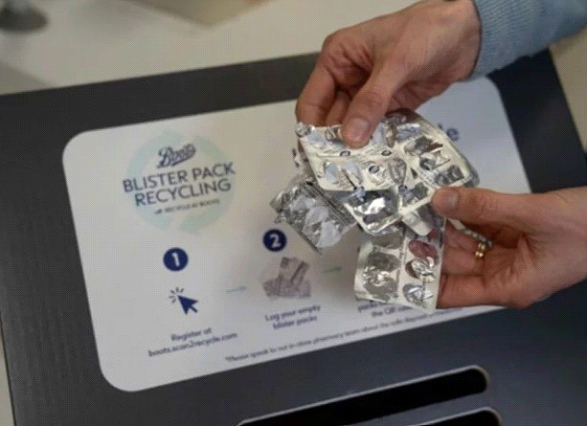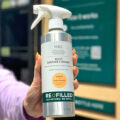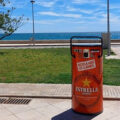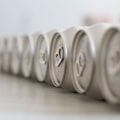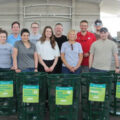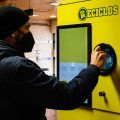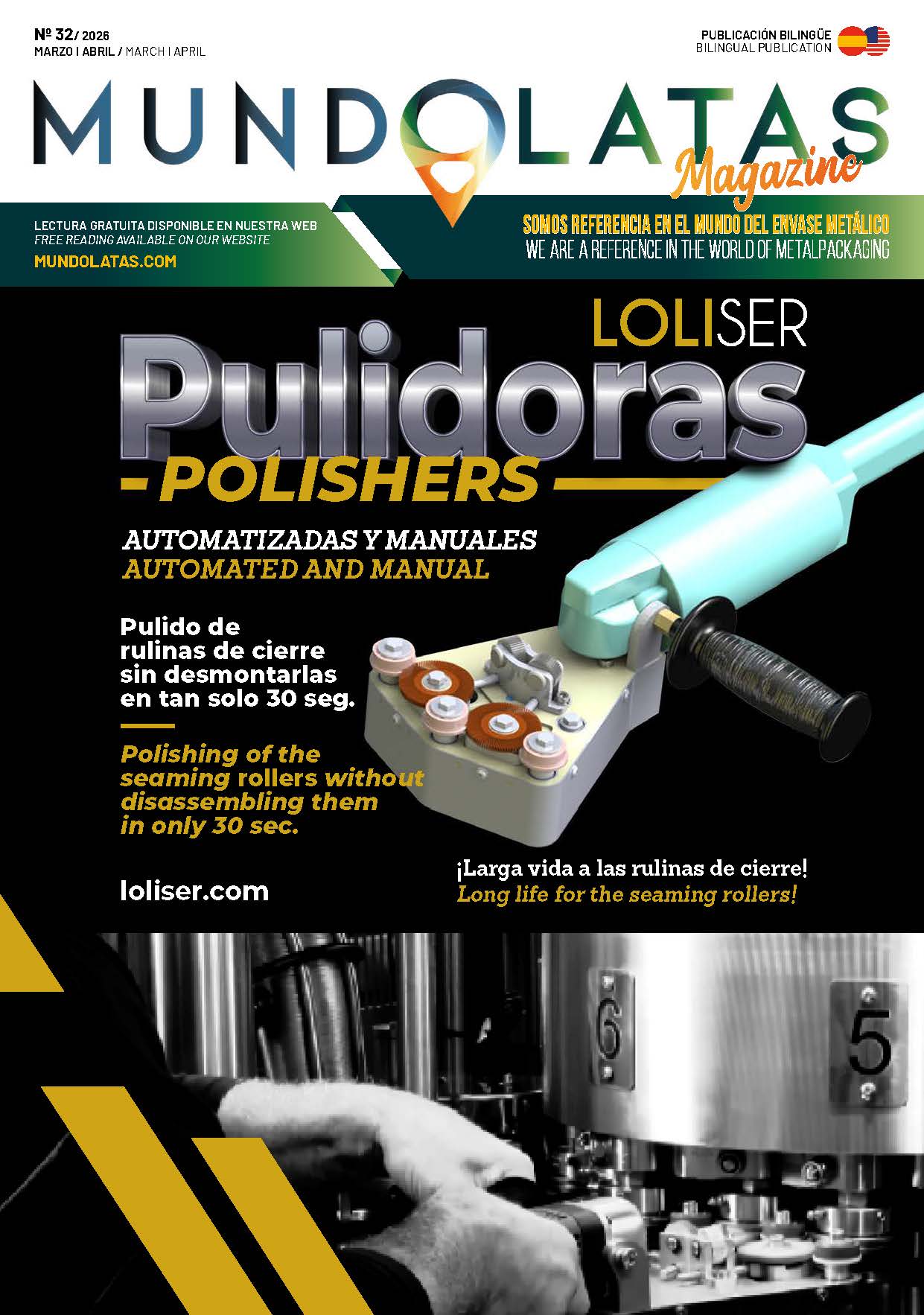Boots has begun a pilot blister packaging recycling project in more than 100 stores located in London and the South East of England. In addition, they have plans to expand this initiative to more stores across the UK over the next year.
The Recycle at Boots initiative, which rewards customers for bringing in empty health and beauty products that cannot be recycled at home, has been expanded with a new blister recycling program. Customers can now take their blister packs to Boots collection garbage cans for proper recycling.
Consumers who live near participating stores have the opportunity to drop off their used containers in special recycling garbage cans and in return will receive a reward. In addition, those who are part of the loyalty program will earn points for every 15 empties they recycle and also for making purchases of at least £10 in the store.
Boots has launched a new initiative aimed at recycling millions of used blister packs that cannot normally be recycled through household curbside collection. These blister packs, made of plastic and aluminum foil, are commonly used for vitamins and medicines. It is estimated that this initiative will help divert these materials from landfills in the coming years.
Boots ESG Director Natalie Gourlay said the company is committed to providing its customers with sustainable options to care for the planet. At Boots we want to make it easy for our customers to make sustainable choices for a healthy planet, from the products they buy to how they dispose of packaging once they have used it. Customers can now simply drop off their empty blister packs at Boots safe in the knowledge that the materials will have a second life and they will also be rewarded for it, just as they can when they drop off other hard-to-recycle empties through Recycle at Boots. We will take into account the learnings from this initial pilot as we look to implement the scheme more widely over the next year.”
The new blister recycling strategy is part of the broader “Recycle at Boots” program, which is being implemented in collaboration with Metrisk as technology partner and MYGroup as recycling partner. This program is not limited to a single brand, allowing customers to recycle blister packs of any brand and track the process, as long as they have a Boots Advantage card.
After being collected from Boots stores, empty health and beauty product containers are sent to MYGroup for sorting. A specialized machine separates the plastic, which will be processed and reused if possible, or converted into a material called MYBoardTM for use in construction and furniture. On the other hand, blister aluminum is conventionally recycled due to its infinite recyclability.
MYGroup director Steve Carrie shared that they are very excited about the announcement of their landmark agreement with Boots, through which they will take their innovative blister recycling solution to a larger scale. “We are proud to announce this landmark scheme with Boots, bringing our unique circular solution for blister recycling into the mainstream. Thanks to our long-standing partnership with Boots, we already have the relationships, expertise and reach to recover such a widespread waste item at scale as the scheme is implemented.”
The Recycle at Boots recycling initiative has been a success across the UK, with over 3.1 million products recycled since its launch in 2020. These containers are available in more than 700 stores, with plans to expand their use to more stores in the next 12 months. In addition, dedicated blister containers have been installed in more than 100 Boots stores and are expected to be implemented in more stores in the near future.
Boots, the health and beauty products company, is promoting more sustainable habits among its customers through its initiative
“Be More Edit” initiative.
. This tool helps consumers find sustainable options in their regular shopping by classifying products as plastic-free, recycled, reusable, vegan and cruelty-free. In addition, Boots has taken steps to reduce the use of plastic in its products, such as banning the sale of wet wipes containing plastic and urging other retailers to follow suit.

